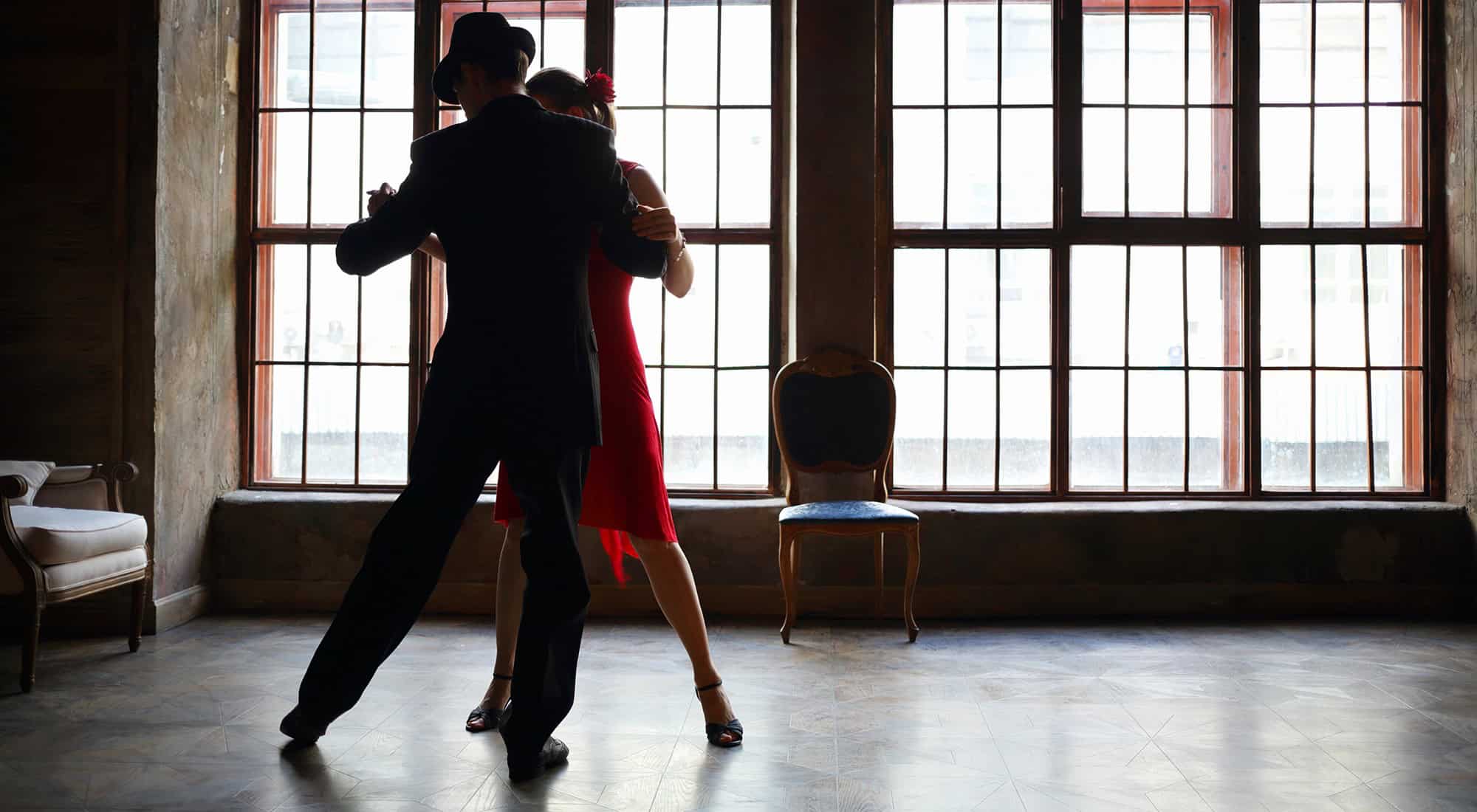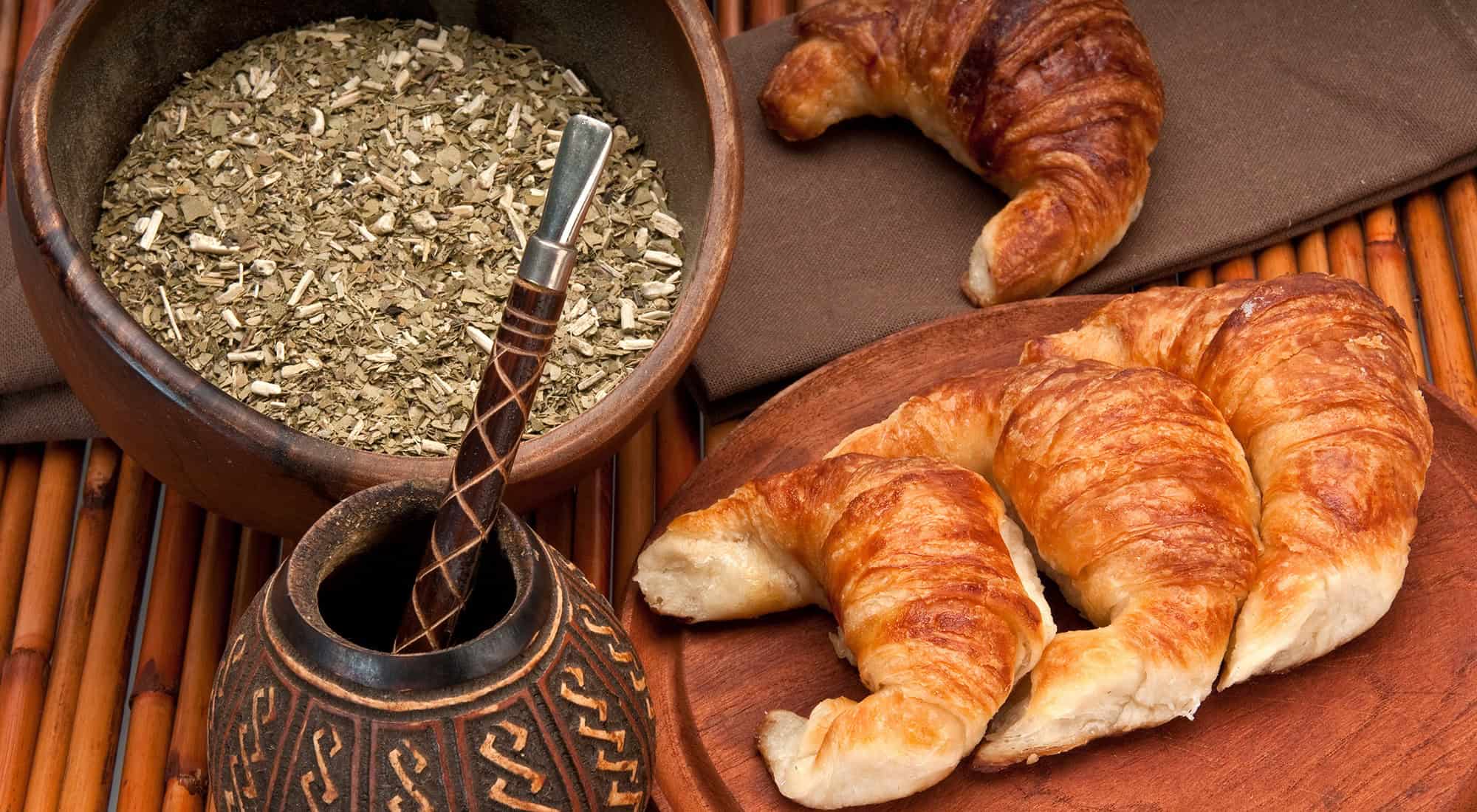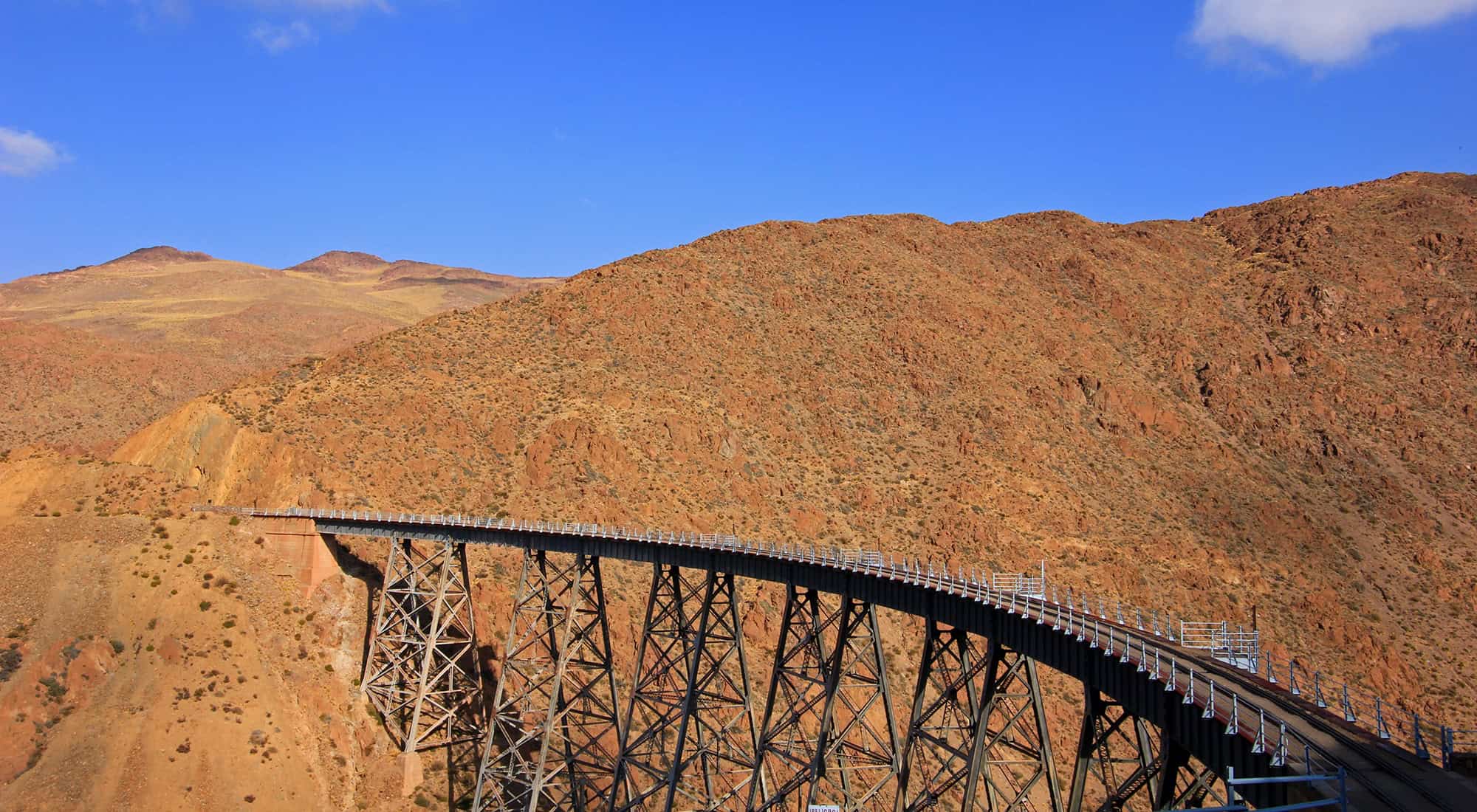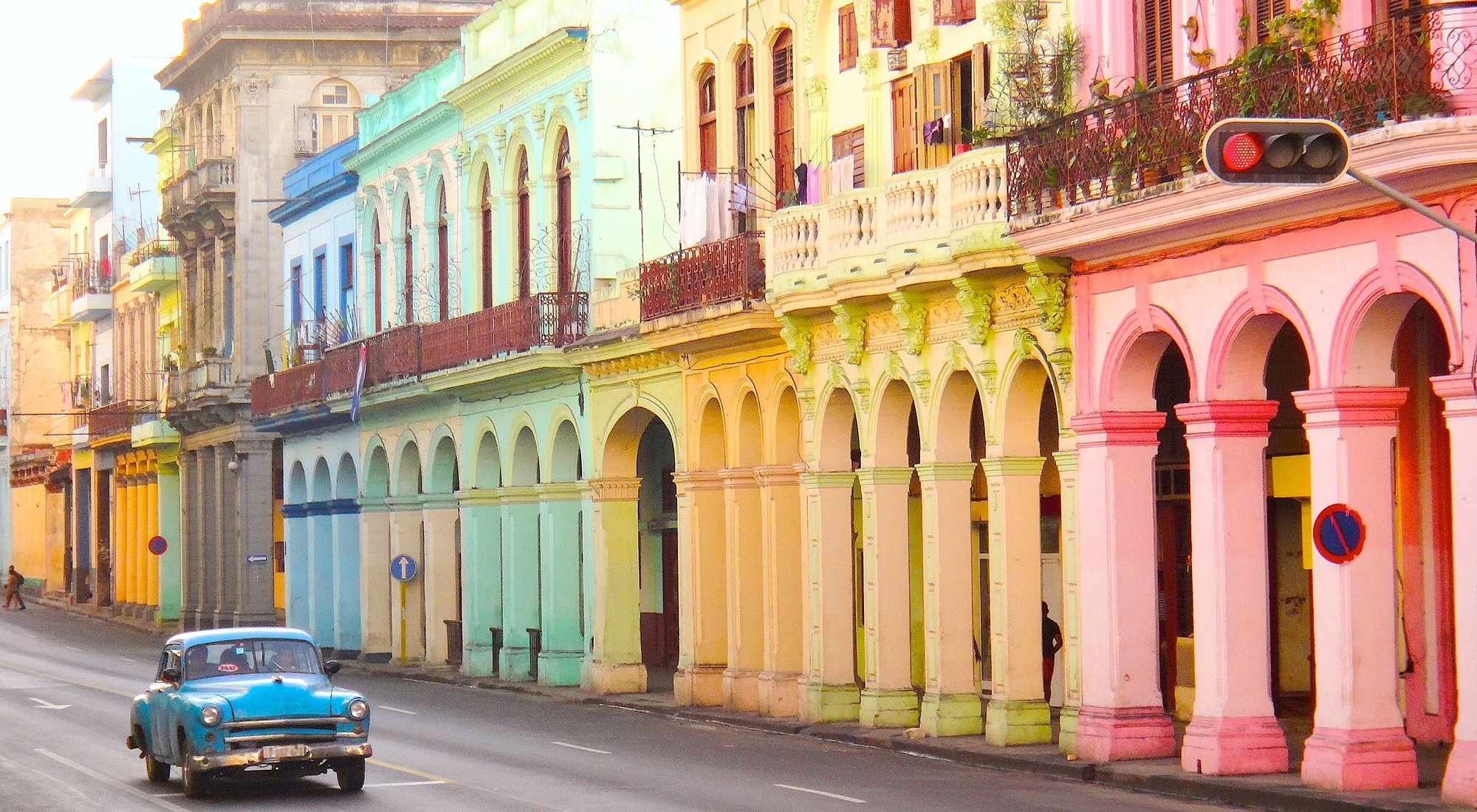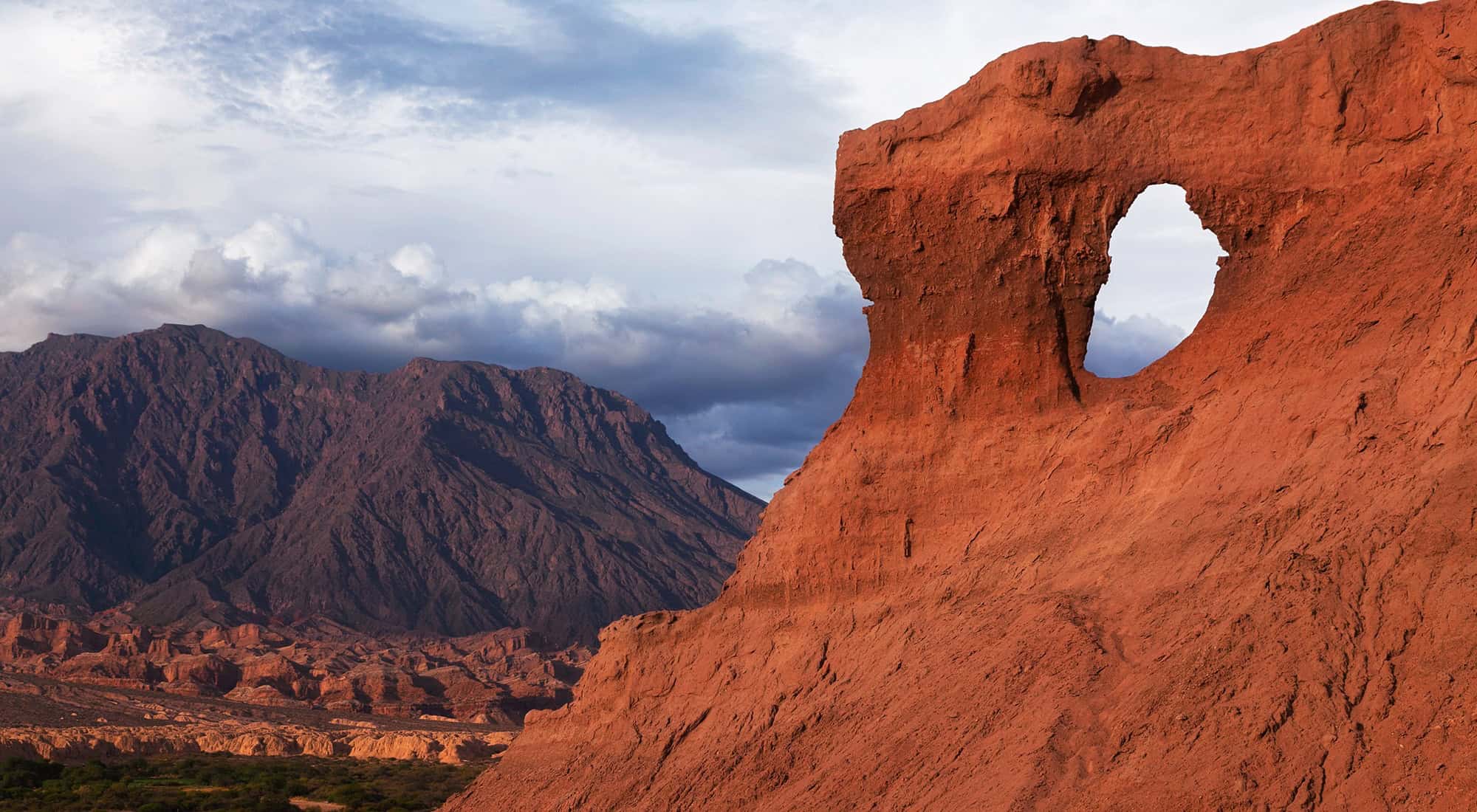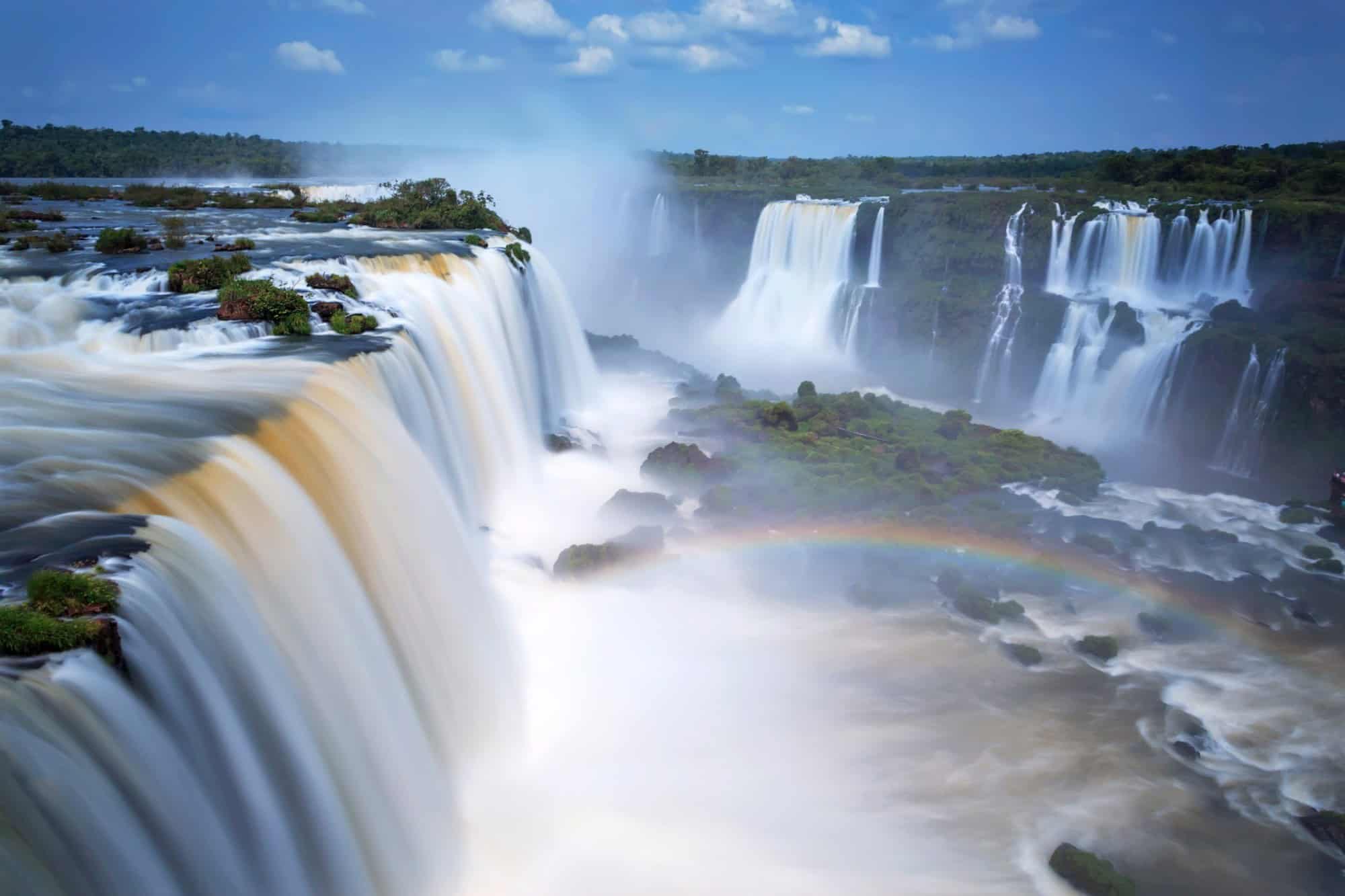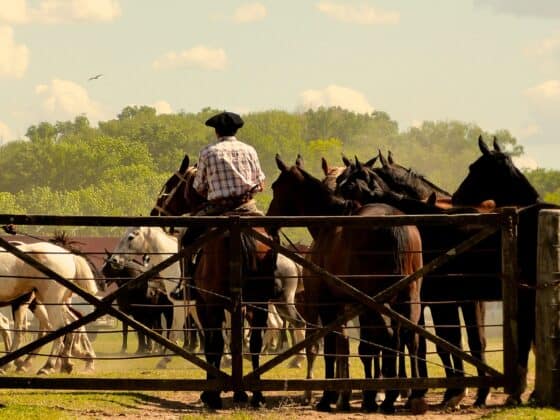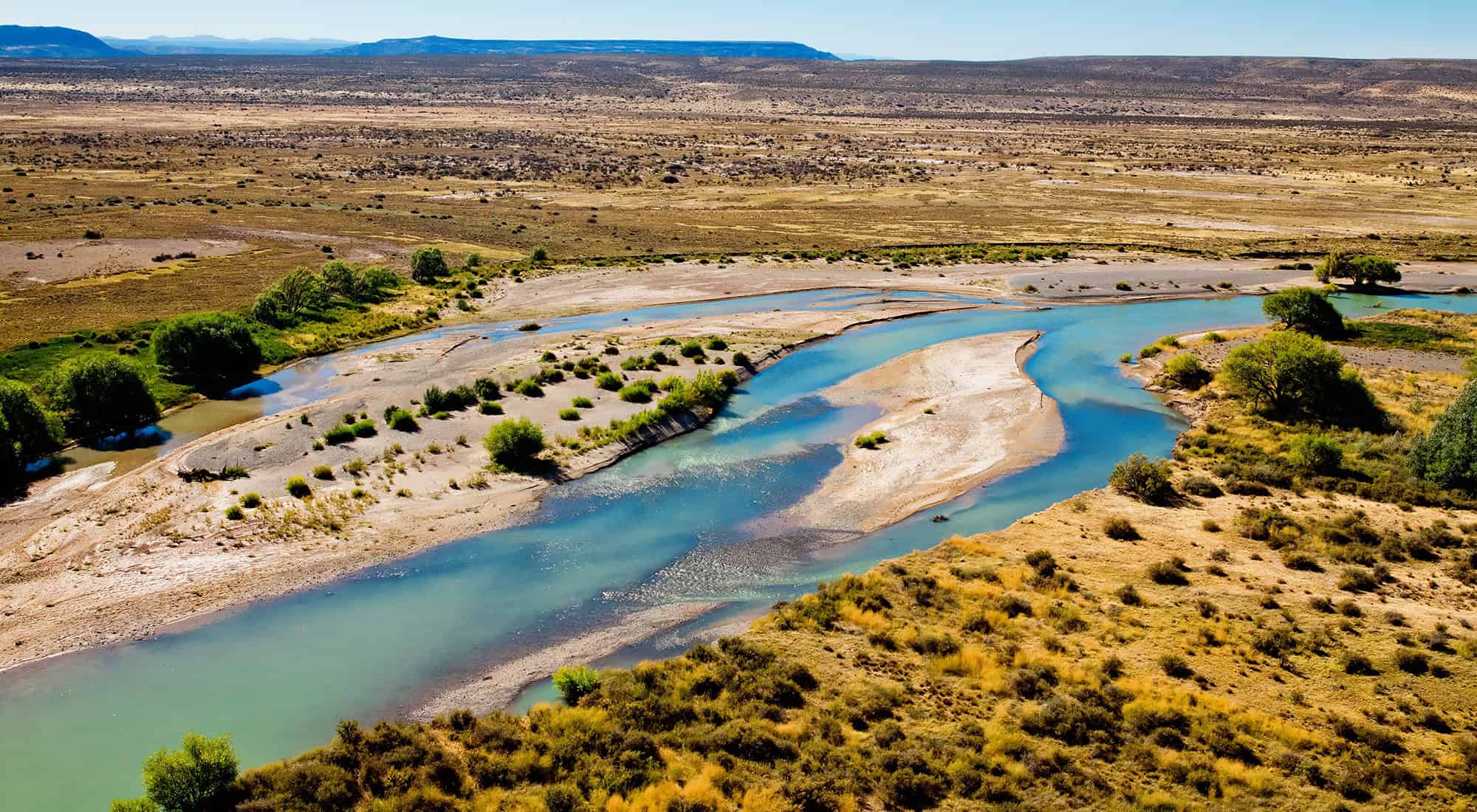BY BEN BOX
What was once the dance of immigrants from the Buenos Aires dockyards is now one of the most internationally recognizable aspects of Argentine culture.
At the turn of the 19th century, the tango was seen as a dance practised by the lower classes in the streets and in brothels. And it wasn’t until Argentine sailors brought it to Europe through French ports that it started to become acceptable in polite society in Buenos Aires.
A little later, in 1913, Europe was officially in the grips of a tango craze. In London, the Waldorf Hotel introduced Tango Teas in the same vein as the French Thés Dansants, and Selfridges held a successful Tango Ball. In Paris, women’s fashion was influenced by the dance, and shops sold tango stockings, tango hats and tango shoes. Even silent film star Rudolph Valentino danced it on-screen in 1921. Around this time, famous tango singer Carlos Gardel (whose name and face you’ll see throughout Buenos Aires) toured South America as well as Paris, Barcelona, Madrid and New York.
The so-called Golden Era for tango was from the 1930s to 1955 when a military coup ousted the president. From then onwards until the early 1980s, tango was in decline. It was ignored and even persecuted during the military dictatorship. Young people no longer wanted to dance it, and nearly two generations of Argentines grew up without learning it.
However, after years of neglect, the Argentine people have re-embraced the dance at all levels. One more influence is fuelling this vibrant resurgence: the hundreds of tourists from around the world who arrive every year anxious to learn, practise and live the dance. A recent movement, which is causing a small sensation, is gay tango, known as Tango Queer. Several gay milongas have started up and there is a constant stream of dancers eager to learn the sexy steps. Each year in August, Buenos Aires hosts a tango festival, which boasts the best international and local dancers, free displays, classes and the sale of all things tango.
Useful websites
Welcome Argentina: for an overview of tango shows available.
Festivales Buenos Aires: Government website listing tango festivals.
Festival Tango Queer: the Tango Queer festival in Buenos Aires.
History of Tango: looks at the history of the dance.
Tango on the Radio: website for tango radio station.
